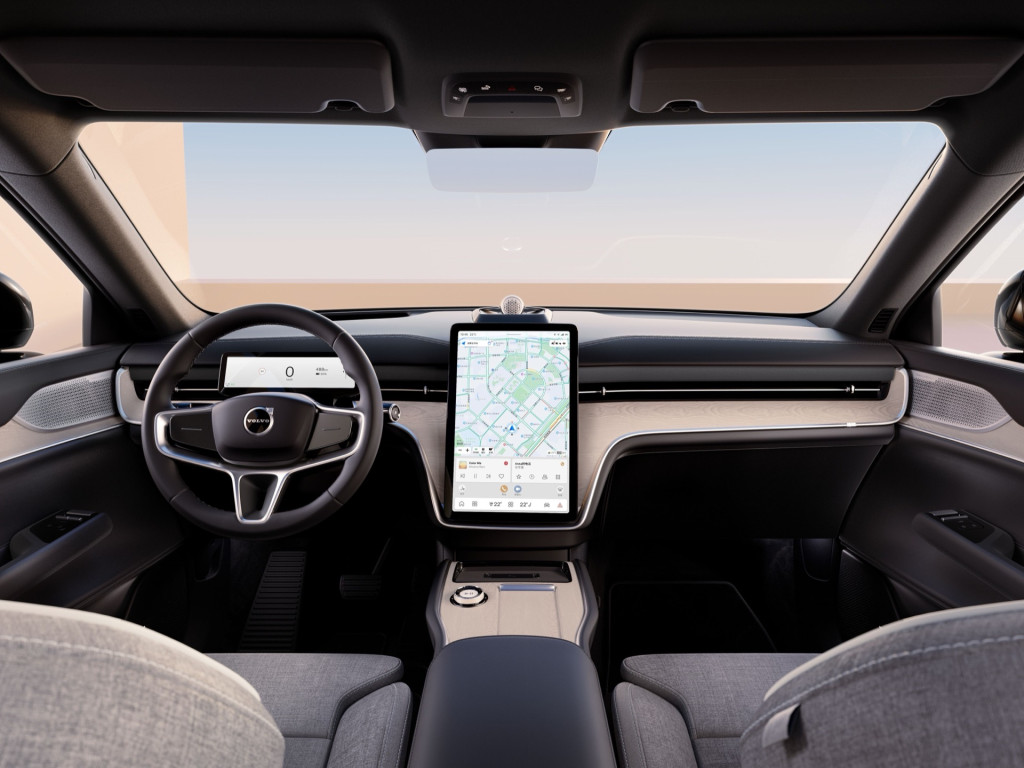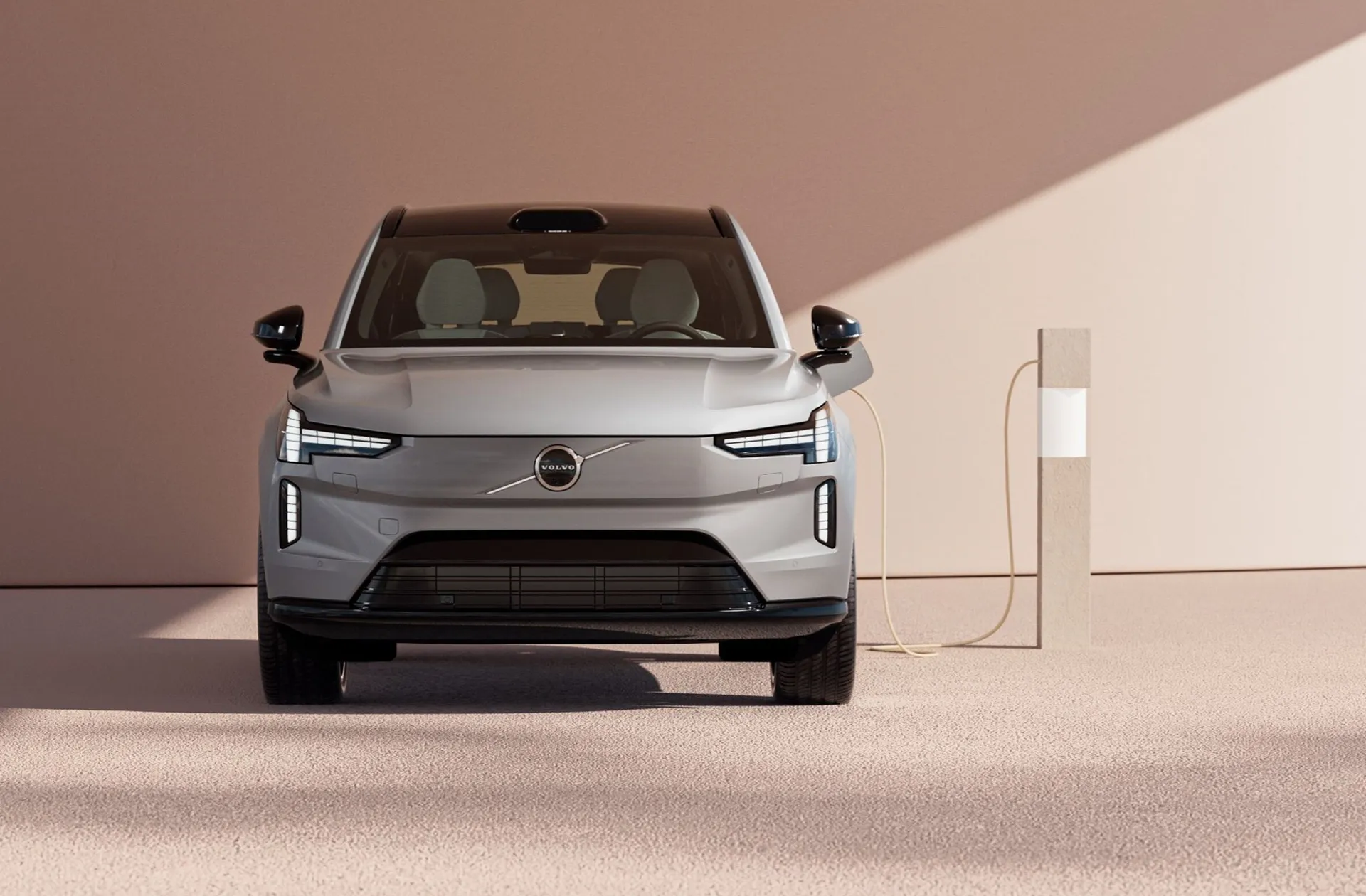- The 2025 Volvo EX90 will cost $3,300 more than originally advertised
- The EX90 will still arrive with missing features
- Production of the U.S.-built EX90 is now underway in South Carolina
Anyone who placed a reservation for a 2025 Volvo EX90 will need to prepare for some sticker shock, as the price of the electric midsize SUV has risen ahead of the start of deliveries.
Volvo has increased prices by $3,300 across the 2025 EX90 lineup, meaning the starting price is now $81,290, including a $1,295 destination charge. That’s up from $77,990 when original pricing was announced last fall.
Volvo spokesperson Sophia Durr told Automotive News (subscription required) that the price increase was announced to reservation holders and dealers on June 26, and is due to higher material costs.
The EX90 is due at dealerships at the end of the year. Examples for the U.S. will be sourced from Volvo’s plant near Charleston, South Carolina, where the three-row SUV started production in June. The plant will also build the related Polestar 3 for the U.S.

2025 Volvo EX90
The EX90 is positioned as Volvo’s flagship but the three-row SUV has had a troubled gestation. It made its debut in November of 2022 and was originally due to start deliveries early this year. Software issues caused delays and Volvo in June said buyers will miss out on some key features initially, including Apple CarPlay and Plug & Charge, though the automaker said the features will be added later via software updates.
These issues and the price increase won’t help in the current environment of cooling demand for EVs. Some dealers have told Automotive News that they won’t survive if Volvo sticks to its current plan of exclusively selling EVs by the end of the decade, and that they want the automaker to continue offering plug-in hybrids.
Volvo has also had to delay its EX30 electric subcompact crossover in the U.S. due to the recent sharp increase in tariffs on Chinese-made EVs. The automaker will now wait until EX30 production starts in Europe to get around the tariffs, which will push back the launch to 2025, or roughly a year later than originally planned.
